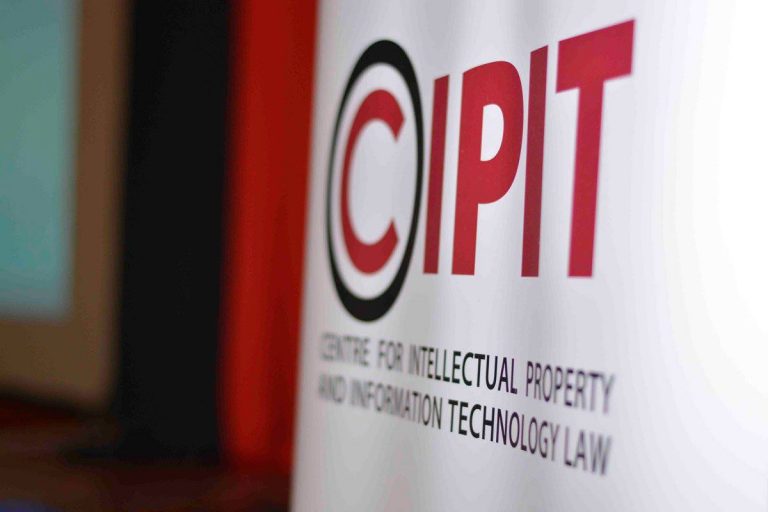CIPIT Panel at Strathmore Annual Law Conference on Intellectual Property, Trade and Regional Integration in TFTA
- Victor Nzomo |
- October 1, 2017 |
- Uncategorized

The Strathmore Annual Law Conference (ALC) brings together lawyers, academics and decision makers for high level deliberations on topical legal and policy issues. The theme for the 4th Strathmore Annual Law Conference is Regional Trade and Integration. With focus on regional trade agreements, the conference will critically examine the legal issues that underpin, and which can either undermine or enhance regional capacity for increased trade and greater integration, and contribute to development in the region.
The 4th Strathmore ALC will thus focus on the Agreement for the Tripartite Free Trade Area (TFTA). Signed in Sharm-el-Sheikh, Egypt on 10th June 2015 by representatives of 26 countries, the TFTA merges the East African Community (EAC), Southern Africa Development Co-operation (SADC) and the Common Market for Eastern and Southern Africa (COMESA). The proposed TFTA encompasses a geographical region extending from Cape Town to Cairo, with a population estimated at 632 million, and GDP of US$ 1.3 trillion. The scope of the TFTA is trade in goods, services and ‘other trade related matters.’ The TFTA further intends to 1) promote economic and social development 2) create a large single market with free movement of goods and services to promote intra-regional 3) enhance the regional and continental integration processes 4) build a strong TFTA area for the benefit of the people of the region.
Regional integration has largely been embraced in Africa as a means to realise economic development and sustainable growth. The formalisation by the Member States of the EAC, COMESA and SADC of the TFTA is therefore highly laudable. The TFTA views intellectual property (IP) rights as a means to contribute to the socio- economic development of the region in key developmental areas, which could reap meaningful benefit for the society if sufficiently exploited and protected. The Tripartite Policy on the Protection of IP Rights and the Promotion of the Cultural Industry further demonstrates the importance of IP as a tool for competitiveness in the global economy. Meanwhile, the ever-increasing cross-border trading activities (both formal and informal) within the TFTA are likely to have a considerable impact on the use of IP across the region. As such, TFTA countries have recognised the need for a common framework that provides for cross-border protection of IP rights.
Therefore CIPIT will be organising a panel during the ALC to consider the following issues: How should the members develop a harmonised and effective IP promotion and protection system in order to achieve a balance in providing incentives for creators and inventors, while promoting equitable access for users and the public at large? How should the members approach harmonisation of IP standards? How should the members address intersections between IP and global concerns touching on public health, economic development, climate change and cultural heritage, among others? Ultimately, it hoped that the panel will answer the question: what should a TFTA framework on IP look like?
